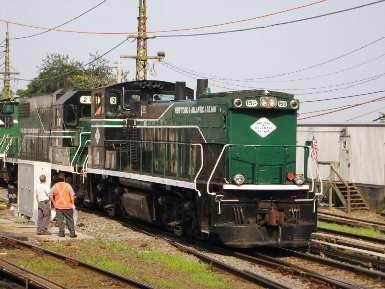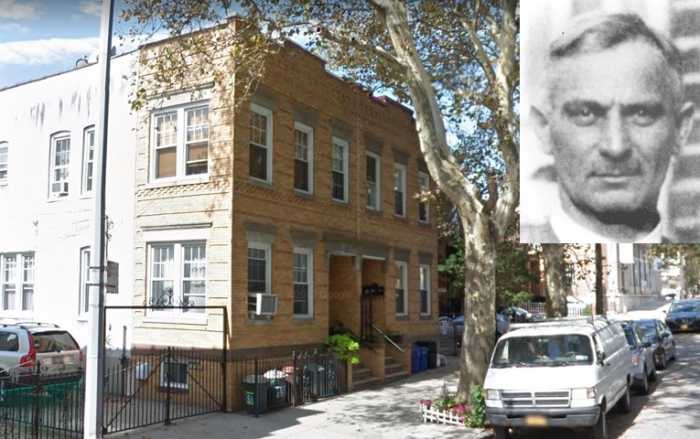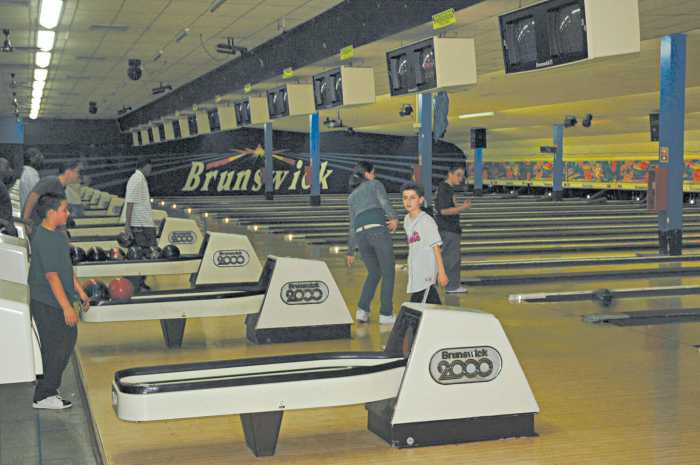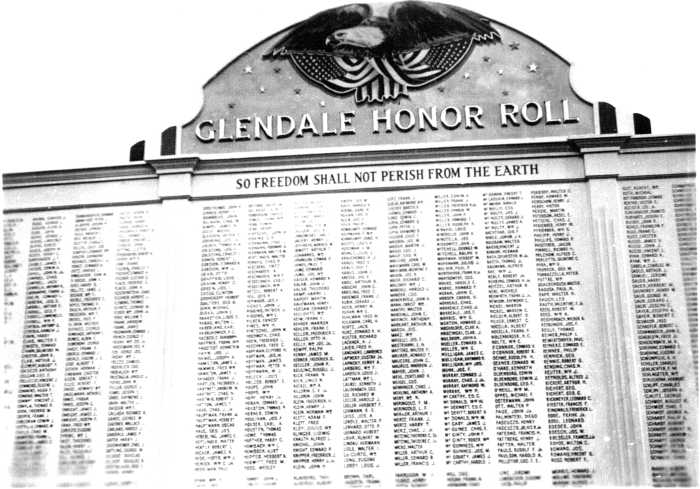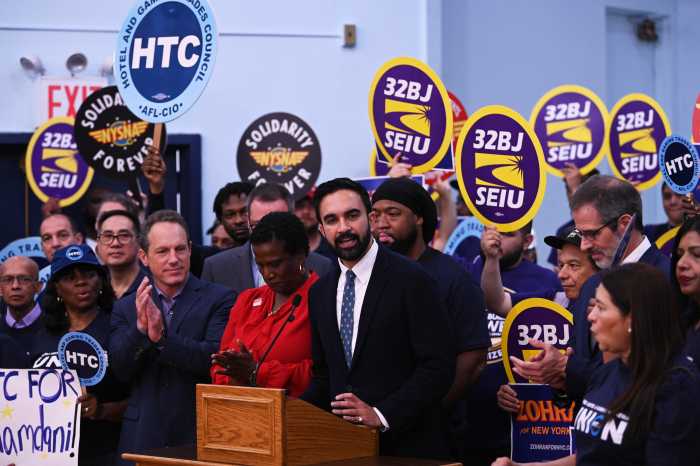In their continued fight to bring the cleanest emission locomotives to the Fresh Pond Railyard in Glendale, Civics United for Railroad Environmental Solutions (CURES) gained the support of another civic group.
Late last month, the Ridgewood Property Owners and Civic Association (RPOCA) jumped on board with CURES’ cause after Mary Parisen-Lavelle, chair of CURES, presented an idea that would allow the MTA to purchase five new Advanced Tier 4 switcher locomotives to use at the Fresh Pond Railyard.
Parisen-Lavelle proposed that the MTA use the approximately $127.7 million that the state will receive from the Volkswagen settlement when it was found that the car manufacture violated the Clean Air Act (CAA).
“Funds from this settlement must go to mitigation projects that would offset excess nitrogen oxide emissions from VW vehicles,” Paul Kerzner, president of RPOCA, wrote in a July 27 letter to MTA Chairman Joseph Lhota.
In 2016, the United States filed a complaint against Volkswagen and its entities alleging the car company violated of the CAA with approximately 590,000 diesel vehicles sold in the U.S. The complaint alleges that each of these nearly 600,000 vehicles “contained, as part of the engine control module, certain computer algorithms and calibrations that caused the emissions control system of those vehicles to perform differently during normal vehicle operation and use than during emissions testing,” the U.S. Environmental Protection Agency (EPA) website states.
“The U.S. complaint alleges that these computer algorithms and calibrations are prohibited defeat devices under the CAA, and that during normal vehicle operation and use, the cars emit levels of NOx significantly in excess of the EPA compliant levels,” according to the EPA statement.
“This would complete the replacement of the fleet of non-tier switcher locomotives leased to LIRR’s (Long Island Railroad) freight operator, would increase railroad efficiency, and almost eliminate locomotive pollution not only in the railroad workplace, but more importantly in the neighborhoods of Queens and Long Island through which LIRR’s freight operations pass for the next three or four decades,” Kerzner added.
RPOCA also encourages all concerned residents to contact their local elected officials and urge them to support this initiative.

